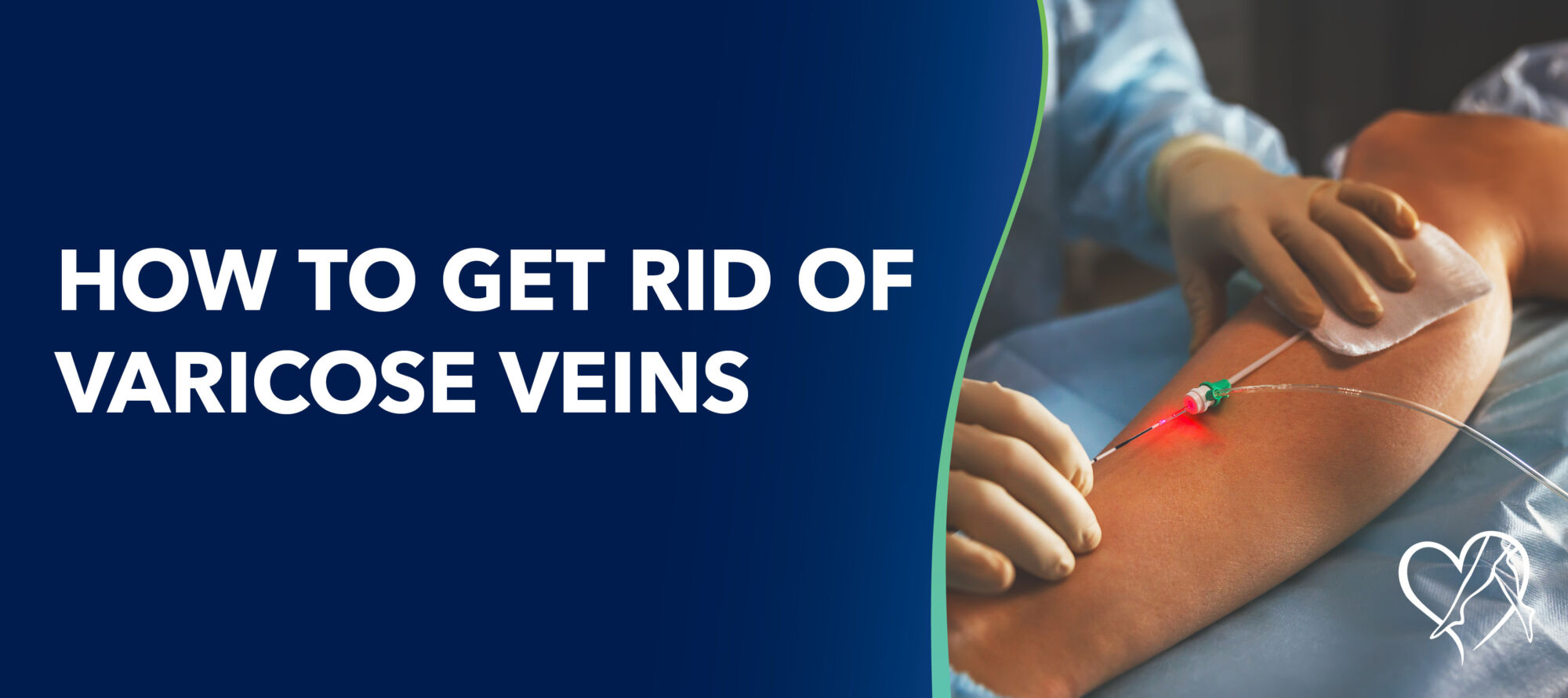
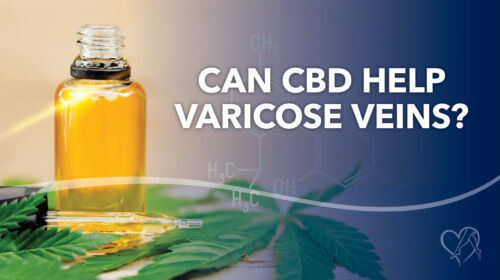
Can CBD really help with varicose veins? Learn how cannabidiol may ease vein inflammation, support circulation, and relieve discomfort. Discover what doctors and research say about using CBD for vein health.

Curious about the Johnson & Johnson COVID-19 vaccine and blood clot risks? This article from Center for Vein Restoration explains the rare clotting condition linked to the vaccine, how it differs from common vein problems like varicose veins and venous insufficiency, and when to seek care for leg pain or swelling. Learn how CVR’s board-certified vein specialists diagnose and treat vein disease safely and effectively to protect your circulation and peace of mind.
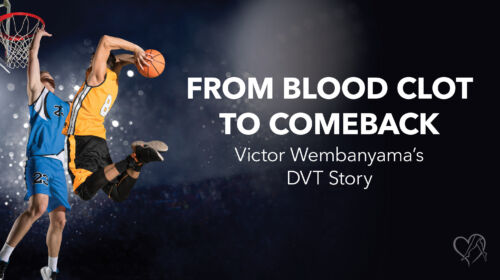
NBA star Victor Wembanyama’s recovery from deep vein thrombosis (DVT) highlights that vein disease can affect anyone, not just older adults. In this medically reviewed blog, Center for Vein Restoration (CVR) explains the connection between DVT, varicose veins, and circulation health, and how minimally invasive vein treatments can restore comfort and mobility. His story is a reminder that healthy veins keep you moving—on the court, at work, and in life.
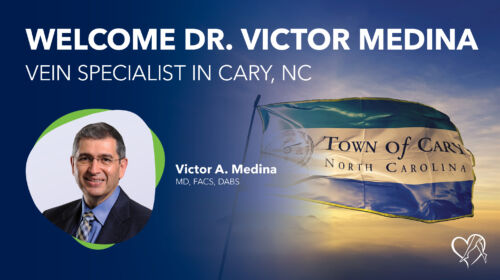
Discover expert vein care in Cary, North Carolina, with Dr. Victor A. Medina, a board-certified surgeon and pioneer in minimally invasive vein treatments. Now part of Center for Vein Restoration (CVR), Dr. Medina offers compassionate, patient-centered care for varicose veins, spider veins, and chronic venous insufficiency. Learn how his decades of experience can help you find lasting relief and healthier legs.
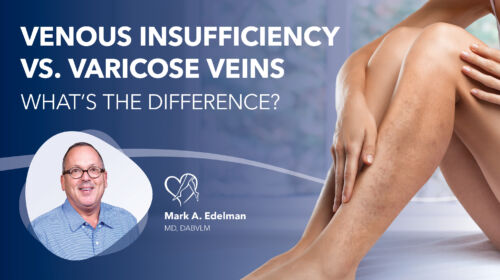
Learn the key differences between varicose veins and venous insufficiency, two common vein conditions that affect circulation and leg health. This medically reviewed guide explains how valve failure in the veins leads to symptoms like leg swelling, pain, and visible veins—and why early treatment is essential. Discover expert insights from board-certified vein specialist Dr. Mark Edelman at Center for Vein Restoration, the nation’s leader in vein disease diagnosis and minimally invasive treatment.
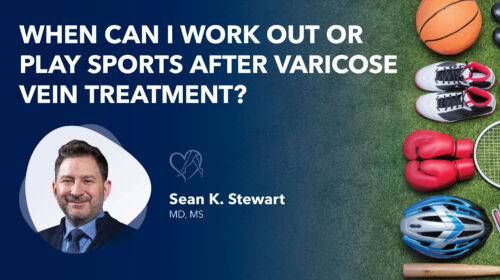
Wondering when it’s safe to exercise after varicose vein treatment? This medically reviewed blog from Center for Vein Restoration (CVR) explains how soon you can return to walking, sports, and fitness after minimally invasive vein procedures like sclerotherapy, ablation, or phlebectomy. Learn what recovery looks like, how to protect your results, and why following your board-certified vein doctor’s post-treatment plan ensures a faster, safer return to an active, pain-free lifestyle.
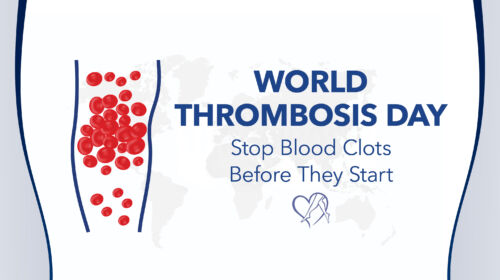
Learn why World Thrombosis Day on October 13 is vital for raising awareness about blood clots, DVT, and pulmonary embolism. Discover key risk factors, symptoms, and prevention tips, and see why consulting a board-certified vein specialist at Center for Vein Restoration, the nation’s leader in vein and blood clot care, is essential for protecting your health and reducing your thrombosis risk.
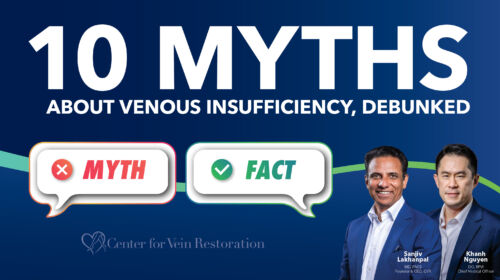
Discover the truth and dispel common myths about varicose veins, spider veins, and chronic venous insufficiency (CVI) in this medically reviewed blog from Center for Vein Restoration, America’s leader in vein health. Learn what really causes leg pain, swelling, and vein disease, and explore modern, minimally invasive treatments that restore comfort and confidence.